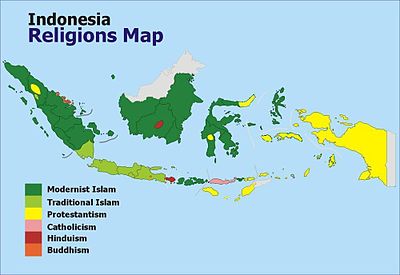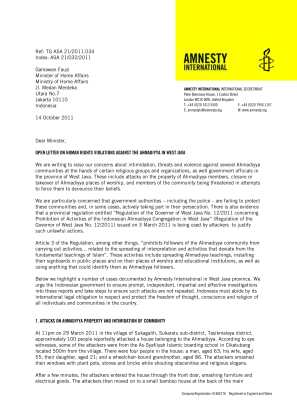Political Islam
After writing so many stories on current politics while in Jakarta, I wanted to develop a deeper understanding of Indonesia’s ideological currents (aliran) as a kind of counterweight to the rather superficial constant manoeuvrings of the political elite.
This ended up as a long article on the political economy of Islamic parties.
|
|
Working for Amnesty International, I was deeply moved by meeting some members of a religious minority, Ahmadiyah, who were violently threatened by some elements of fundamentalist Islam in the country.
 |
Again, I wanted a deeper analysis of these events. Inspired by Pierre Bourdieu’s view of religion as a field of competitive struggle to gain symbolic capital and authority, I wrote a long article on how the charge of heresy against the Ahmadiyah was used to consolidate political authority.
 |
|
And a few more digestible articles on the influence of some high profile hard-line Islamic groups:
| “Groups running amok,” VZ Report on Indonesia, Vol. VIII (11) (June 29, 2006). | Islamic vigilante groups |
| “Creeping Sharia?,” VZ Report on Indonesia, Vol. VIII (8) (May 9, 2006). | Sharia-based local regulations |
| “Human rights nil, intolerance 1,” VZ Report on Indonesia, Vol. IX (8) (May 10, 2007). | Sharia-based local regulations |



Leave a comment